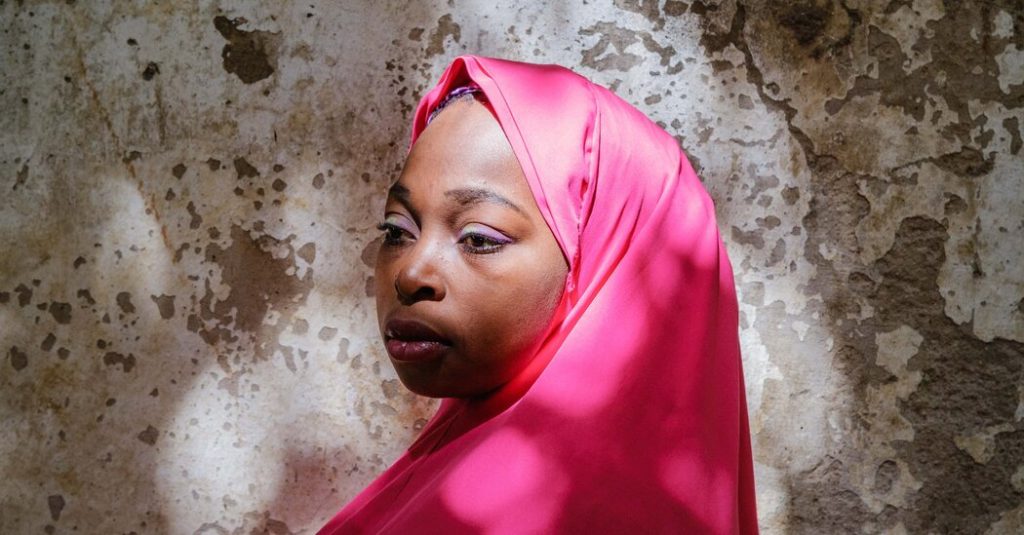Saratu Dauda, one of the Chibok Girls who were kidnapped in Nigeria in 2014, recently shared her harrowing story of being held captive by the terrorist group Boko Haram for nine years. After being taken from her school, she was forced to convert to Islam, marry a Boko Haram fighter, and eventually have three children. Despite the circumstances, she maintained that they were treated well compared to other abduction victims and seemed content with her life within the terrorist group.
As the years went by, Ms. Dauda witnessed tragic deaths among her fellow captives, including air raids, bomb attacks, illness, and childbirth complications. She became increasingly worried about the safety of herself and her children, especially when Boko Haram’s offshoot, Islamic State West Africa Province, took over their camp. Fearing that they would be enslaved, she decided to escape one night, leaving her husband and children behind.
Ms. Dauda traveled through the bush for days, being careful not to be seen, until she eventually handed herself over to the military and got word that her husband had escaped with their children. After being reunited, she was enrolled in a rehabilitation program in Maiduguri for counseling and deradicalization. She finally experienced the fame and support that the Chibok Girls had garnered during her time in captivity.
Despite being given the opportunity to return to Christianity by her father, Ms. Dauda insisted on staying true to her Islamic beliefs, refuting claims that she had been brainwashed by Boko Haram. She now lives with her husband and children in their village, where she dreams of reuniting with her friends from captivity. Her story highlights the ongoing abduction crisis in Nigeria, where schools have become targets for kidnappers and terrorism continues to affect communities across the country.
The Chibok Girls’ abduction was a pivotal moment in Nigeria’s conflict with Islamist militants, yet it is just one of many tragedies that have occurred in the region. More than 23,000 people are registered as missing in northeastern Nigeria, with an even larger number suspected to be unaccounted for. Despite the efforts of governments and organizations, many families have lost hope of ever being reunited with their loved ones, amplifying the need for continued support and awareness of the ongoing crisis.
As the Nigerian government grapples with the aftermath of the Chibok Girls’ abduction and the rise of kidnapping incidents across the country, survivors like Saratu Dauda offer a ray of hope for those still missing or in captivity. Her resilience and determination to rebuild her life after years of hardship serve as a powerful reminder of the resilience of the human spirit in the face of adversity. The legacy of the Chibok Girls lives on not just in their individual stories, but in the collective outcry for justice, peace, and the safe return of all those affected by conflict and violence in Nigeria.


